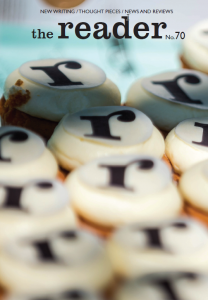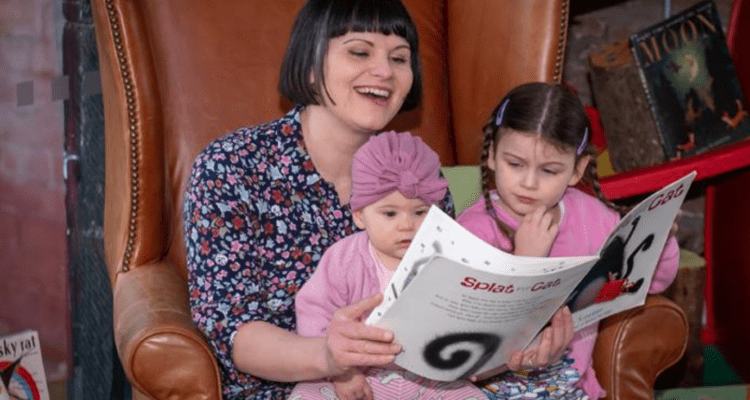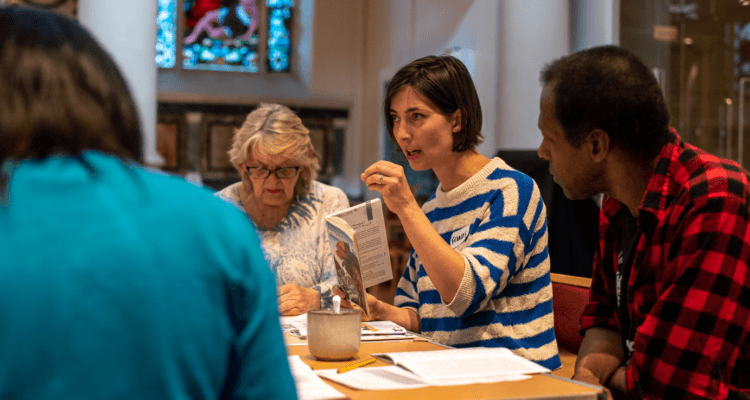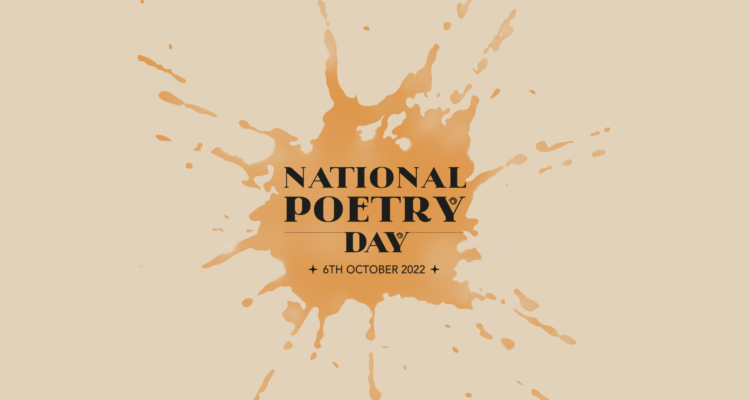The Reader 70
Have you been enjoying our latest issue of The Reader? If not, why ever not? Look at all the fantastic new writing and thought pieces we've got in store for you!
David Constantine is back, with not only a short story but also several new poems to explore. Whilst The Diver is short, its account of a father-daughter day-trip out at sea lingers in the imagination, speaking of uneasy childhood memories that continue to resist resolution.
She entered a trance, as in a fairy tale or a nightmare, she was spellbound and with her mind’s eye had to watch her father who, in a helplessness of his own, oscillated very slowly in the murk over an abyss.
David Constantine, The Diver
Readers are treated to a second new story in this issue, but in Eleanor McCann’s snapshot view of another family who pay a visit to the seaside, this father of two young sons is viewed with sympathy even whilst his behaviour towards them is called into question.
He wouldn’t be in the mood for the de-brief. ‘How were they?’ she would say. Not, ‘How are you?’ She wasn’t interested in him as a person anymore, only in him in terms of how he related to their children.
Eleanor McCann, The Last Day of Summer
The final pages of the issue give us pause with a throwback to another era. The inclusion of an extract from Samuel Butler’s The Way of All Flesh offers a glimpse of one more father, but this time via the lens of another adult, little Ernest’s godfather, who observes the clergyman in the private sphere of his own home.
Whether it is that they are as much bored with the day as their neighbours, or whether they are tired, or whatever the cause may be, clergymen are seldom at their best on Sunday evening …
Samuel Butler, The Way of All Flesh
Capturing images of people unselfconsciously going about their own habitual environment is the theme of the Interview which features much earlier in these pages. Tom Wood, The Photie Man, has been taking photographs almost every day for the past forty years, and speaks to Fiona Magee about his personal drive for authenticity, which has had him avoid the trammels of success, rather than seek them out:
You go to the same place over and over again and people will see you, see the camera, you’re part of the scene, another character – the photie man. So that repetition, that accumulation of pictures, of knowledge, looking at events, situations as they evolve, displays and patterns is the work.
It is the same spirit that is present in Ian McMillan’s advice piece, addressing the fledgling writer: Always Say Yes. McMillan draws on episodes from his own experience to illustrate why a writer should never turn down opportunities to write, regardless of the purpose or likely potential of the piece. Looking back, he can see now how "the non-poetry work was making me into a more thoughtful poet".
Reading without knowing what you are looking for, and writing without knowing what will come up form the basis of Kelda Green’s examination of readers’ interactions with William Wordsworth’s poetry in The Reader Room. The essay provides an insight into two research experiments carried out with participants of a range of ages, who volunteered to record and share their own personal responses to The Ruined Cottage. The results here are moving and will have you reaching for those lesser known works of the nineteenth century’s ‘healing poet’.
Salley Vickers highlights the need for books to be introduced to us by someone who cares and knows enough to steer us in the right direction in her essay Why Libraries Matter. Vickers’ deeply personal reflections on the value to her of the books that she read as a child create a strong argument for keeping libraries open and the love of books alive.
I was made, not simply my writing but my fundamental outlook on life, through the worlds I met in my library.
Three further essays complete this issue’s bumper collection of Thought pieces. Kenneth Steven transports the reader to another land and another period in history in his committed review of the story of the Scottish Highlands. In The Tacit Dimension, John Scrivener returns to the critic F. R. Leavis and finds other connections emerging from his reading as he considers Leavis’ particular reliance on an understanding of the implicit. Finally, the human stories contained in Anthony Rudolf’s The Ever-Present Brother pick up on many of the threads found in this issue: from the choices made by parents under pressure, to the difficulty of reconciling both survival and loss, and the vivid and compelling testimony that is held for perpetuity in written diaries and photos.
With many more poems and all of your regulars and recommendations ready here for you to delve into, this issue really does make for a rewarding and varied read.
 The Reader magazine
The Reader magazine
Get your hands on the latest issue of The Reader on our website. And if you want more great writing and great thinking through your letterbox every quarter, you can subscribe here.
Share
Related Articles

Reader Revisited: Reading with Looked-After Children by Grace Frame
We're taking a trip down memory lane and revisiting articles from The Reader Magazine. This article first appeared in issue…

Meet The Reader: Staff Spotlight with Frances
Saturday 30 September is International Podcast Day so this month we got chatting to Frances MacMillan, the Head of Literary…

National Poetry Day 2022
To celebrate National Poetry Day 2022, The Reader has created a new poetry anthology exploring this year's theme, The Environment.…


